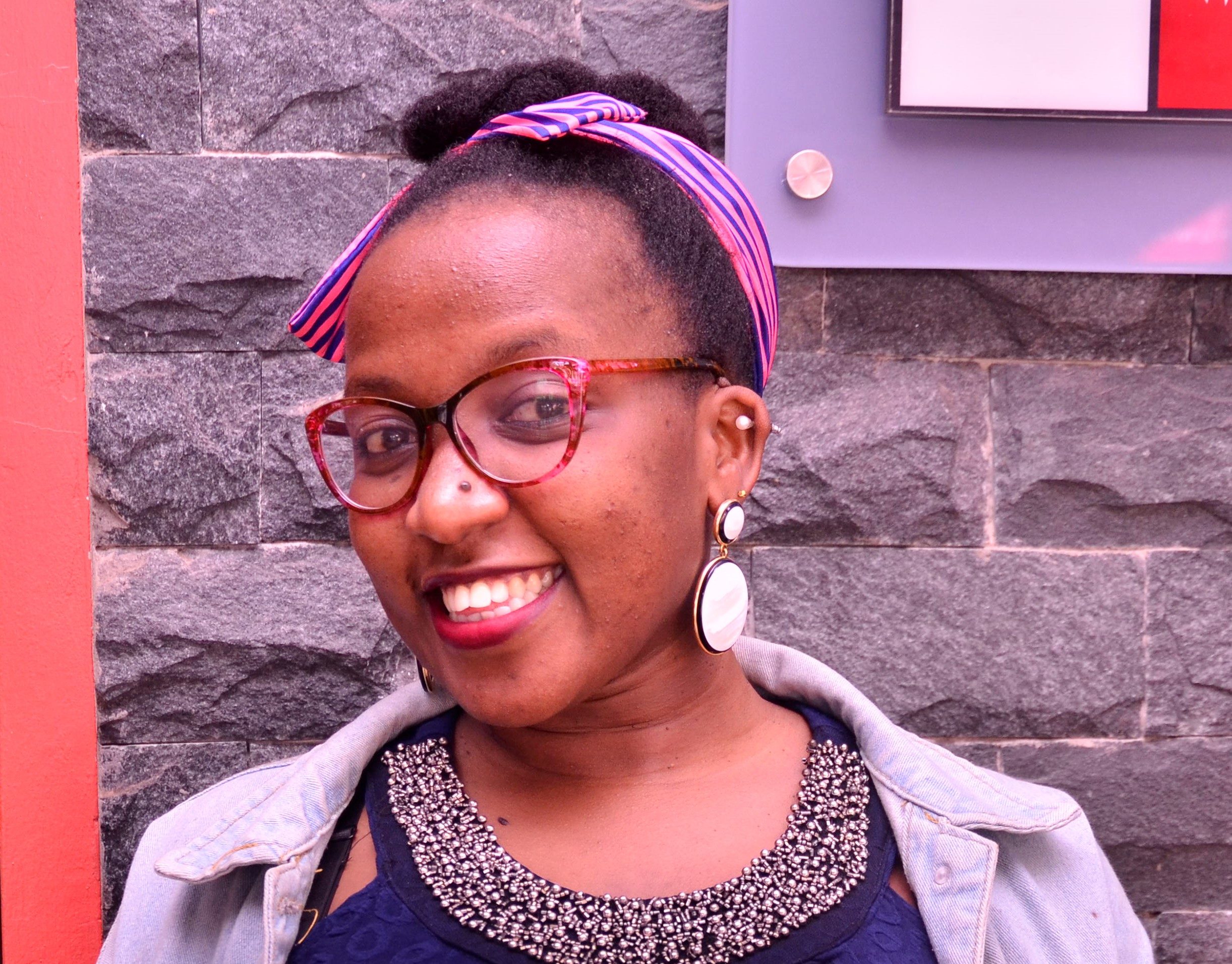By Grace Kenganzi
“During the lockdown, the media kept us abreast of everything that was happening“
Perhaps if we recognised the value of the press, we would be more inclined to protecting their freedoms. The most recent Internet shutdown gave us a fresh appreciation for mainstream media since we got most of our updates from TV, radio and newspapers.
– Ms gRACE KENGANZI
An independent, free and pluralistic press is important in the attainment of human rights. These three tenets are the foundation on which the vision of World Press Freedom Day was built in 1991 on May 3rd. This year is the 30th anniversary of this day, which presents a good time to analyse whether our press is truly free. Typing the last statement, I can hear several people say, “of course it is not!” Metaphorically speaking. We have seen the trouble members of the press have faced, especially in the last months, as they did their work. A quick search of the hashtag #JournalismIsNotACrime highlights the different struggles journalists have faced. From intimidation and imprisonment to face-offs with the police, there is no doubt that freedom has not yet come.
Perhaps if we recognised the value of the press, we would be more inclined to protecting their freedoms. The most recent Internet shutdown gave us a fresh appreciation for mainstream media since we got most of our updates from TV, radio and newspapers.
During the lockdown, the media kept us abreast of everything that was happening. With an increasing number of citizen journalists, we found out about women giving birth on their way to hospital, sexual and gender based violence happening in homes, and sex workers being denied access to information on COVID-19, among other issues. These reports, among other things, made it possible for civil society organisations like CEHURD to make a case to the COVID-19 National Taskforce, and these issues were addressed. For starters, restrictions on transport were relaxed to allow pregnant women access health services. CEHURD staff also got permission to move and therefore provide legal support to different people.

Investigative journalists are always exposing injustices in the health system. In some instances, the public is not even aware that these are injustices. For example, some people pay for medicines and services when they are supposed to access them for free. In 2019, an investigative story exposed a drug racket that was selling malaria drugs yet these were supposed to be free. After that story, more people exposed health care facilities and providers who were selling drugs where they shouldn’t have.
There are many more examples of the crucial part that the media plays in advancing the right to health. It is therefore a resourceful partner in advocacy and action research, besides providing information to the masses. Sure, there are some unscrupulous journalists who have made the public skeptical about media reports. But these should not deter us from recognising the good and honest work many more are putting in, to ensure that we are informed, educated and even entertained, at the cost of their lives in some cases.
Ms Kenganzi is a Communications Manager at Center for Health, Human Rights and Development (CEHURD).

